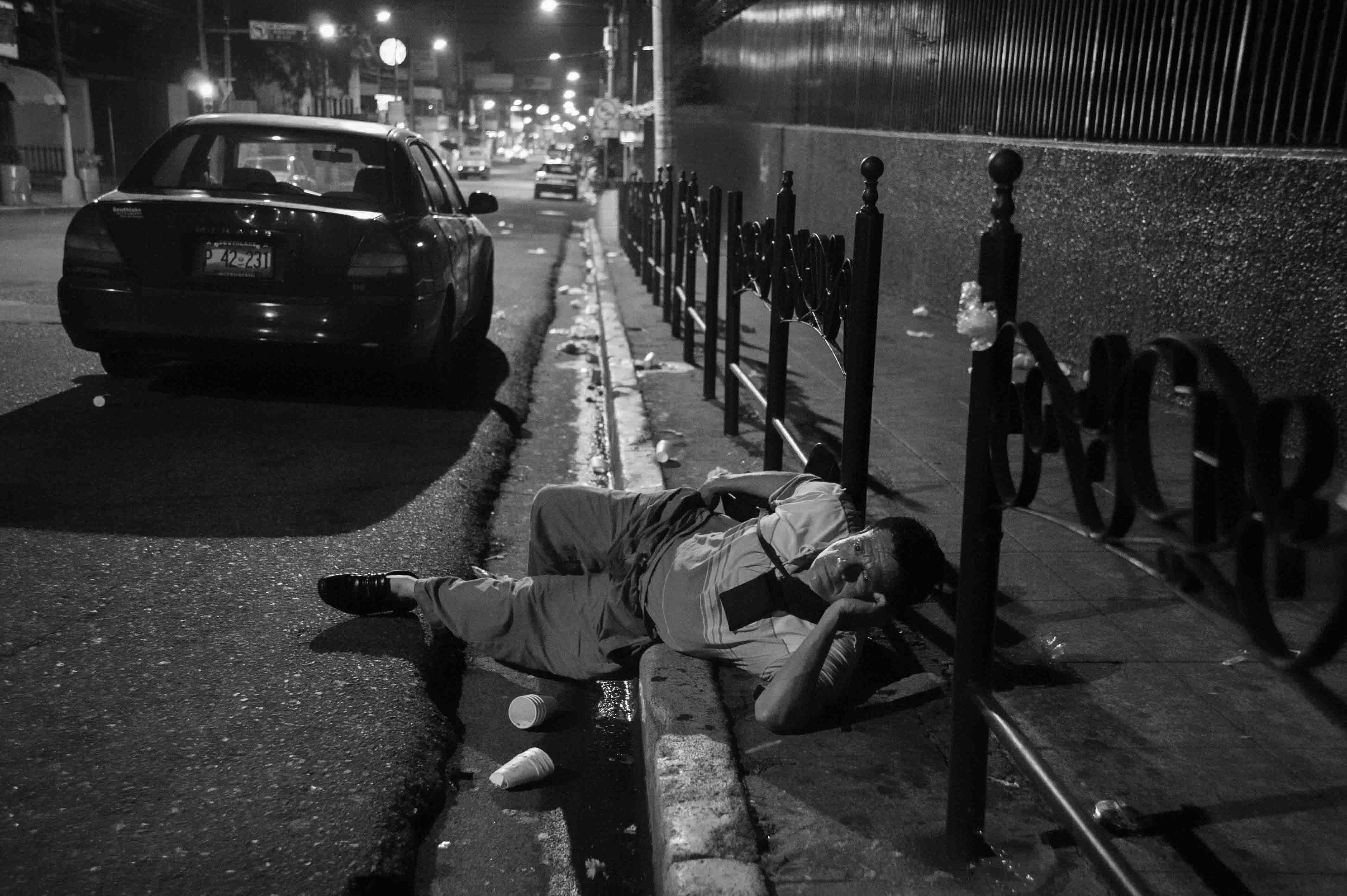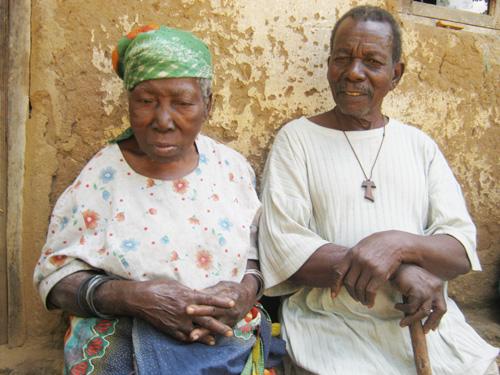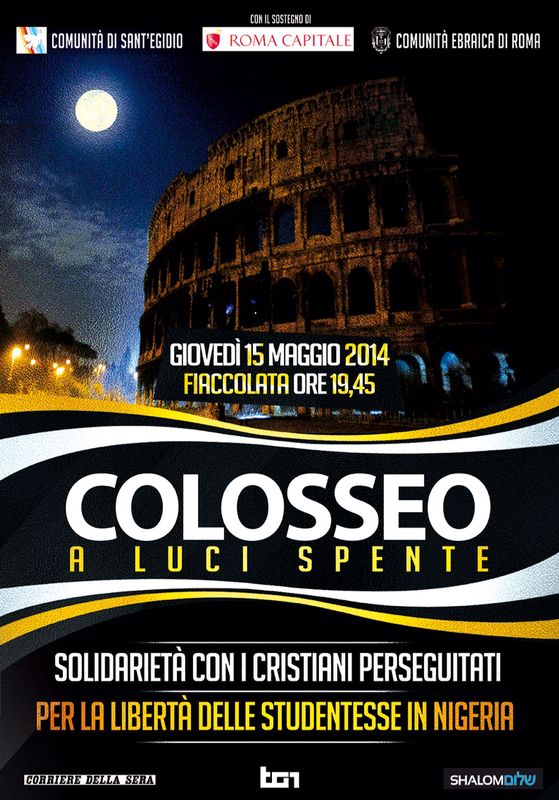The DREAM website, dream.santegidio.org, published some days ago a letter from the women and the men involved in the movement I DREAM in Malawi, actually in Dzoole.
DREAM is a program fighting the spread of HIV/AIDS in Africa, thought and run by the Community of Sant’Egidio in order to give the same possibilities of diagnosis and treatment of the Western World also to thousands of patients in some African countries, i. e. Mozambique, Malawi, Tanzania, Republic of Guinea, Democratic Republic of Congo, Kenya, Camerun, Angola, Nigeria and Guinea Bissau. That’s why we publish some parts of the letter also in this blog, dedicated to the activities of the Sant’Egidio communities in the world. The letter is also an example of the service provided by several Sant’Egidio families to the elderly, in villages, as well in institutions.
“With a group of friends from Lilongwe we decided to visit the village of Dzoole to help to start a service of assistance to the elderly. From their stories and after few visits, we realized that in that village there were many elderly who were alone and have no one to help and take care of them.
We were very touched by the meeting with Nathala, a woman who is over 90 years old and lives alone in a hut. In her long life Nathala had 8 children but only 4 of them are still alive. Despite her age, she remembers many things and she loves to talk and tell about the old stories of Malawi.
Nathala was very surprised by our visit and she told us that since she was born, never before had strangers came over to help her in the practical things of everyday life. It may happen that the members of the family will come to visit and offer support but it had never happened to receive support from someone who is not a relative.
When we introduced ourselves she thought we were supporters of a political party since, especially in these days with the undergoing election campaign (note: the presidential elections took place in Malawi on March 20th) politicians and party supporters visit the villages to meet the people and gather support, sometimes bringing a gift, a blanket or a chicken, to demonstrate that the specific politician is close to the people.
We told her who we were: members of the great family of the Community of Sant'Egidio. We talked about how some years ago we met the Community, when many of us were very sick and how we decided to join the Community forming the movement I DREAM, to try to give back to others at least some of the good and love that we have received for free. We introduced each other, one by one, by name, and told her where we came from because, there were not only the friends of Dzoole but that day we were so many, even from other areas.
Nathala's house was very dirty: she does not have the strength to keep it clean and, being alone, struggles even to take care of her personal hygiene.
We spent a lot of time listening to her stories and the description of her daily difficulties, such as the effort to go in search of a bit of wood for the fire to boil water or to cook something to eat.
Later some of our friends helped her wash while another group cleaned the house that was not in good conditions, despite the fact that some of her relatives live close by, but, as Nathala told us, no one loses time with her.
We asked her what did she want us to bring next time we came to visit but she replied: "I can not ask for anything. To people who have the heart to donate there is no need to ask for anything. If I asked for something, it would be as if I wanted to impose and control".
She was very thankful for our visit and she told us that the fact that we took the first step to look out for her and came into her house makes us like family and that now she will consider us as if we were her children and grandchildren. She thanked us and told us that she hopes to see us soon.
When we parted, her eyes filled with tears and, very touched, she told us that she will remember this visit as an important event in her life, hoping to see us again soon. And we also hope to return very soon to visit her”.




